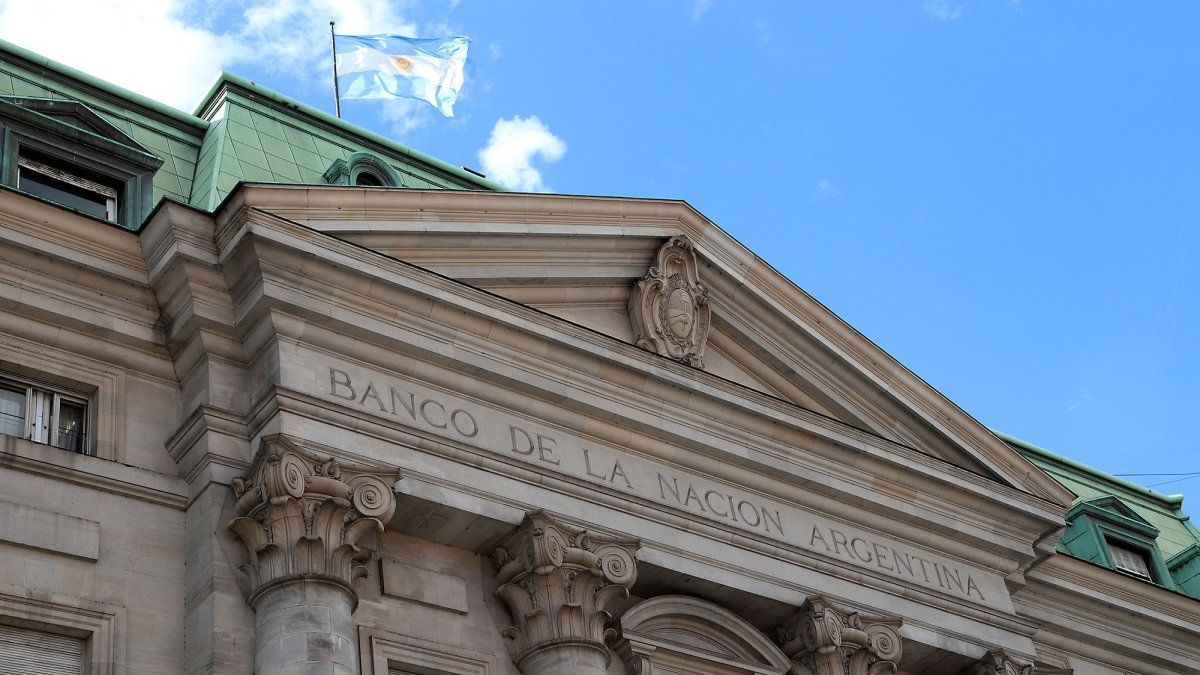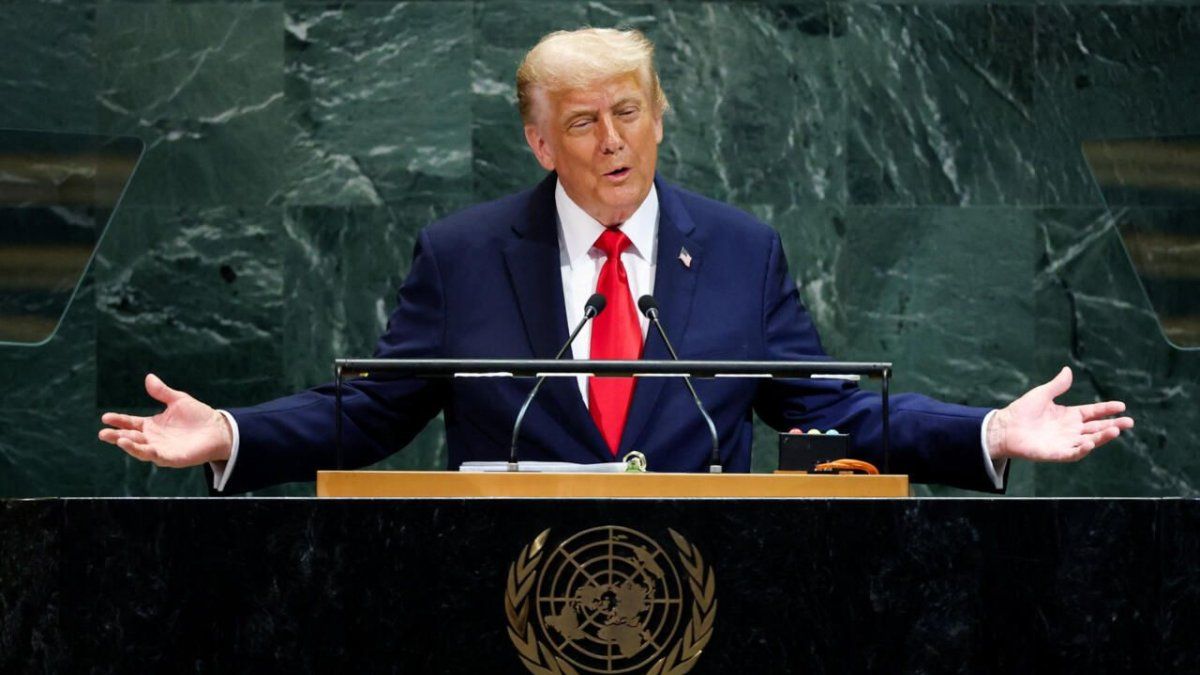The publicized website included a Google form so that those interested in receiving credits would complete it with its most elementary data. The entire project lacked the seriousness and rigor with which formal financial institutions operate. Beyond this institutional and regulations, there is something much more evident, which is the null vocation of this government for promoting credit to Argentine SMEs.
The president repeats it all the time: it is against the State intervening in the economy. Even following their reasoning, it opposes the banking system in force in the world, whereby intermediate banks and loans, for at least two centuries. According to Milei, they should only provide the capital of the entities. This reasoning contradicts the power of financial intermediation to give credit to production, a basal element in the development of modern industrial economies.
As stated, the $ LIBRA project could not have any relationship with financing our SMEs. You can’t even say it was a digital currency. It was a speculative “active” without any livelihood, which collapsed a few hours after being born. It corresponds to justice to consider whether there was a crime. It should be noted that it had nothing to do with the financing of productive projects. The purchase and sale among private of this asset did not offer any mechanism by which there were funds to allocate to third parties, in this case, the alleged Argentine SMEs.
Does the government have the will to finance SMEs?
It is evident that no. The decree by which the Bank of the Argentine Nation (BNA) became a corporation is in the opposite sense to guarantee credit to national production.
The BNA is a pillar of the Argentine financial system. It is present in all the provinces of the country, with the largest number of branches deployed in the territory. Since its creation, its credit policy has been characterized by being close to small and medium -sized agricultural producers. Given their possible privatization, some business chambers in the sector made their concern public. Until The head of the Confederation of Rural Associations of Buenos Aires and La Pampa (Carbap), Ignacio Kovarsky, said: “BNA has very different functions to private banks such as such, with even special assists, subsidized lines of the government and in cases of national emergencies to attend, condone or postpone loans expiration ”.
Passing the BNA to SA is the previous step to privatize it through the sale of its shares from its quotation in the stock market, as mentioned. The actions could be acquired by vulture funds, as has already happened in other banks. All this is nothing more than the reflot of an old plan of the Menemist government, truncated in a timely manner. From the congress, the privatization of the BNA project of the Base Law was achieved. Now, the government tries the way of decree. Another sample of disinterest in republican forms.
Last year I presented a bill, accompanied by a set of union legislators for the country, of “Emergency declaration and protection measures for micro, small and medium enterprises”. There it is established: the reduction of contributions to SIPA for each new worker; the reduction of the advance to the income tax; the exemption of the tax on bank loans and credits; the tariff emergency; greater access to financing; and the creation of the Micro, Small and Medium Company Monitoring Council, among other measures.
Projects for SMEs cannot originate in a message on social networks to buy a “memecoin”. The promotion for this fundamental sector of our economy has to come from the Executive Power, the National Congress and public banking, led by the Bank Agent of the Argentine State that is the BNA.
National Deputy Union for the Patria / President Solidarity Party
Source: Ambito
David William is a talented author who has made a name for himself in the world of writing. He is a professional author who writes on a wide range of topics, from general interest to opinion news. David is currently working as a writer at 24 hours worlds where he brings his unique perspective and in-depth research to his articles, making them both informative and engaging.




